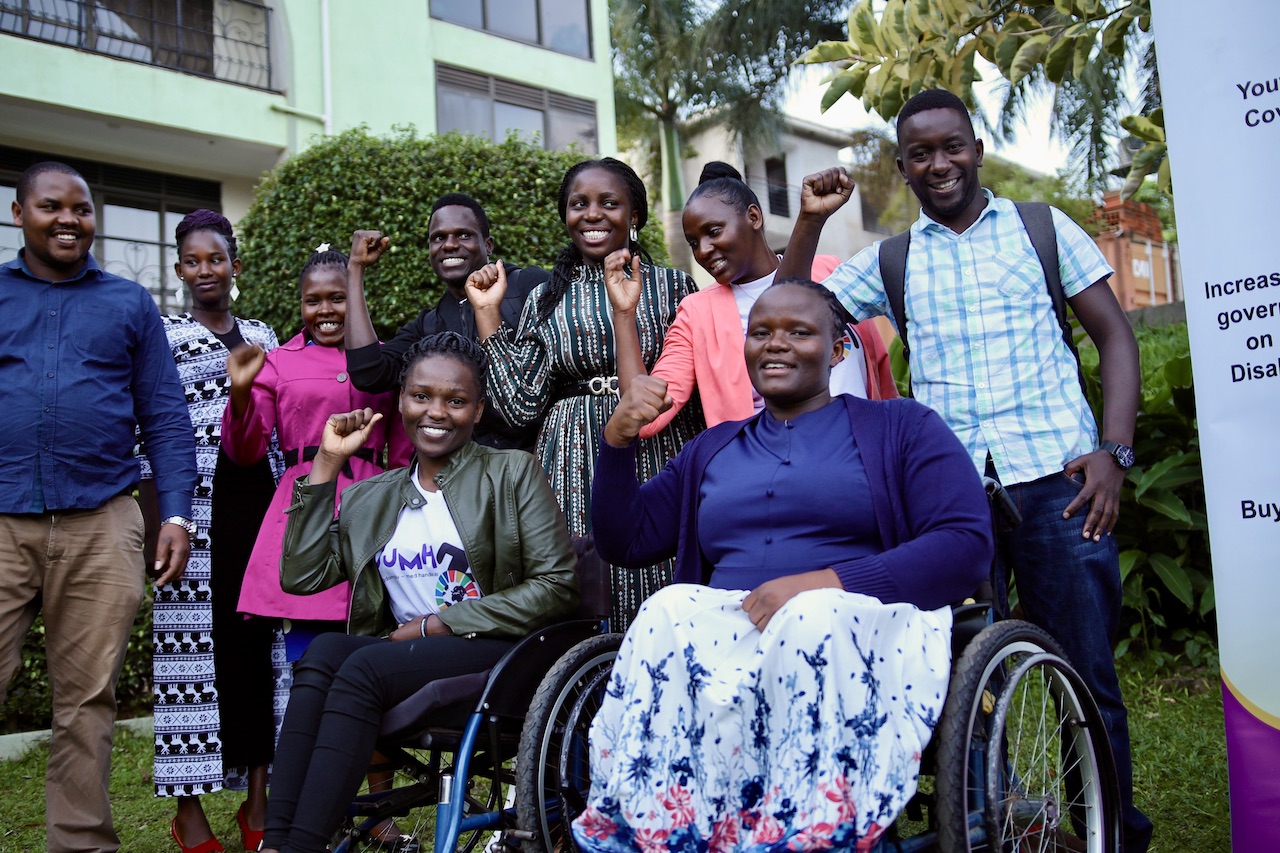UN Disability Inclusion Strategy
The five-year review of UNDIS, to be launched in 2024, is a unique opportunity to build on its strengths and the lessons learned, and revisit and update the Strategy as needed. The review process should be participatory and inclusive for Member States and all interested stakeholders, including OPDs, which in turn are invited to engage constructively in the review. The review should provide recommendations on how the Strategy could have the capacity to further enhance the system-wide coordination and follow up of ambitious, transformative goals. High-level political commitment and sustainable financing are indispensable to ensure not only the Strategy’s continuity, but also its strengthened capacity.
Through the review, there is a possibility to revisit UNDIS indicators considering the progress made and heightened ambitions. The updated Strategy should prioritize structural changes. Accountability and UN entity and country team reporting to the Secretary-General is seen as a powerful mechanism to advance implementation. UN entities could make their annual UNDIS progress reports public, to foster transparency, accountability and an honest dialogue among UN entities, Member States, civil society and donors.
Re-thinking the UN’s institutional architecture for disability rights mainstreaming
There is a need for more strategic direction, coherence and intersectionality from the top management of the UN. The UN System should strive to advance as a whole, and not only as individual agencies.
Proposals were made to create new institutional structures and/or strengthen existing ones:
- Establishment of a Disability Office within the UN Secretariat, with the purpose of ensuring the visibility and sustainability of the disability agenda. The office should be headed by an Assistant Secretary General (ASG), like the recently established Youth Office. Its mandate would include the coordination of guidance and knowledge; the dissemination of good practices; the creation and maintenance of a repository of priorities; and standard setting. It should be funded through the UN regular budget.
- Creation of a World Disability Organization, to improve international coordination and coherence.
- Include disability advisors in UN country offices and peacekeeping missions.
- UN offices to request Member States to second staff with disabilities to work in the UN System to help establish priorities and work on creating change.
- UNS organizations to set up a special program for interns with disabilities and provide them with the necessary conditions for their employment, in an effort to facilitate and boost the overall employment of staff with disabilities.
- To review, in the framework of the Chief Executives Board (CEB) and in collaboration with the International Civil Service Commission (ICSC) and the UN Staff Federation, the conditions of recruitment and work for persons with disabilities and UN employees with dependents with disabilities, to make them more inclusive. This comprises the provision of reasonable accommodation and relevant disability benefits.
- To undertake a system-wide accessibility audit.[4]
- To leverage the Human Rights Council (HRC) to request greater funding for disability rights within the UNS, through the regular budget.
Proposals were also made to strengthen the UN’s normative and policy framework:
- To elaborate guidelines to work on violence against persons with disabilities, including children;
- To further strengthen the mandate of inclusion and participation as an intrinsic part of the working culture within the UNS organizations;
- To enhance awareness raising and carry out mandatory training on disability rights for UN staff at all levels;
- To establish a new Decade for Persons with Disabilities that should start in 2026, on the occasion of the 20th anniversary of the adoption of the CRPD.
[4] The UN Joint Inspection Unit (JIU) carried out a review of enhancing accessibility for persons with disabilities to conferences and meetings of the United Nations System, available at: https://documents.un.org/doc/undoc/gen/g19/039/16/pdf/g1903916.pdf?token=h7uYkyTDJX9OK4eIKa&fe=true (consulted on 28 June 2024).
